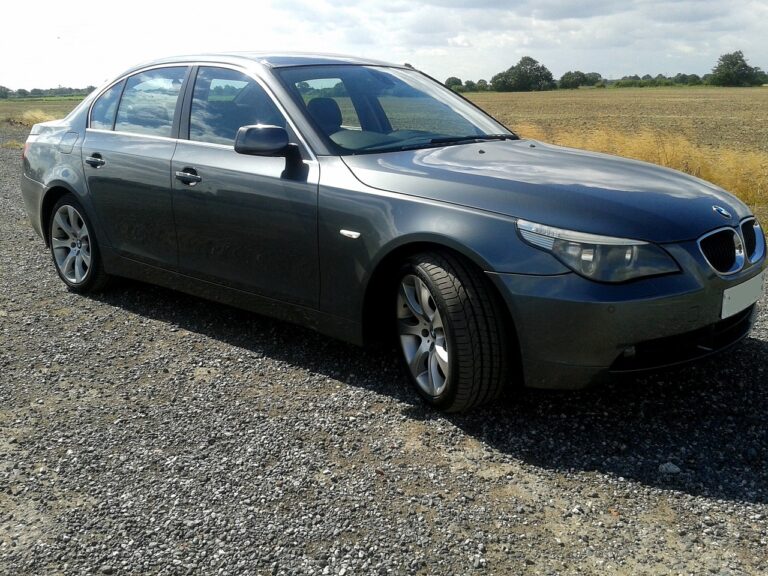The Pros and Cons of Hydrogen Fuel Cell Vehicles
Electric vehicles have gained popularity as a sustainable transportation option due to their significant contribution to reducing air pollution and greenhouse gas emissions. By operating solely on electricity, these vehicles produce zero tailpipe emissions, directly impacting the quality of the air we breathe in urban areas. This shift towards cleaner transportation is crucial in combating the adverse health effects of air pollution and mitigating the global impact of greenhouse gas emissions on climate change.
The transition to electric vehicles also aligns with governmental policies and international agreements aimed at reducing carbon footprints and promoting sustainable practices. As countries strive to meet their emission reduction targets, the adoption of electric vehicles plays a pivotal role in achieving these environmental goals. By supporting the growth of electric vehicle infrastructure and incentivizing their use, stakeholders can collectively work towards creating a cleaner and healthier environment for present and future generations.
Longer driving range compared to electric vehicles
Electric vehicles have made significant advancements in recent years, offering improved driving ranges that were once a limitation. However, when compared to their electric counterparts, hydrogen fuel cell vehicles boast an even longer driving range. This extended range is attractive to many consumers, as it provides a sense of freedom and flexibility, allowing for longer journeys without the need for frequent recharging or refueling stops.
With a longer driving range, hydrogen fuel cell vehicles alleviate range anxiety that some electric vehicle owners may experience. This increased range opens up possibilities for road trips and extended commutes without the concern of finding charging stations along the way. The extended driving range of hydrogen fuel cell vehicles may appeal to individuals who require a vehicle for long-distance travel or those who prefer the convenience of longer intervals between refueling.
Rapid refueling time, similar to gasoline vehicles
One of the key advantages of hydrogen fuel cell vehicles is their rapid refueling time, which is comparable to filling up a gasoline vehicle. This quick refueling process saves drivers time and eliminates range anxiety, making hydrogen cars a convenient option for those who are always on the go.
Unlike electric vehicles that can take hours to recharge, hydrogen fuel cell vehicles can be refueled in a matter of minutes. This efficiency allows drivers to quickly resume their journey without long waiting periods, providing a similar experience to traditional gasoline-powered vehicles. The fast refueling time of hydrogen cars makes them a practical and feasible alternative for individuals who require swift and efficient transportation solutions.





